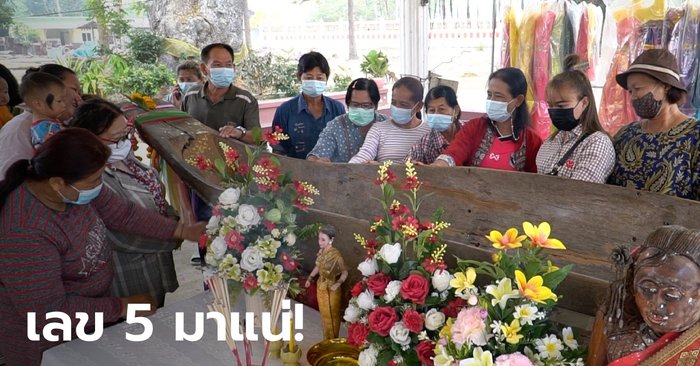-
fromClaudia Kabel
–
shut down
–
In Hesse, elections are pending for foreigners’ councils in 89 locations. Migrant representatives hope for a greater turnout than five years ago.
The establishment of swimming times for Muslim women or the possibility of holding Muslim burial ceremonies are examples of what immigration councils can achieve in their communities. In Marburg, the Day of German Unity has been celebrated for years together with the Day of Cultural Diversity initiated by the Foreigners’ Council – it should be a symbol for an open society and against right-wing extremism.
It is all the more understandable that the indignation of the migrant representatives: inside and from the opposition was great when the black-green state government changed the Hessian municipal code last year so that in future an integration commission can be founded as an alternative to the election of a foreigners advisory board. Turgut Yüksel, integration policy spokesman for the SPD parliamentary group in the state parliament, described the change in the law as a “reduction in the rights of immigrants to participate”.
In municipalities with more than 1000 foreign residents, it is now compulsory to either elect an advisory board for foreigners or to set up an integration commission, provided that no one is standing for election for the advisory board for foreigners. An integration commission can also be decided by the city council before the election. How this happened in Kelsterbach, for example (see box on the right).
De advisory boards
Foreigners Advisory Council represent the interests of the non-German population. They stand up for local integration policy, fight against unequal treatment and discrimination, get involved in educational opportunities, for integration in day-care centers and schools and campaign for the promotion of foreign associations.
The electoral term of the Foreigners Advisory Council is five years. The number of representatives to be elected is between 3 and 37.
Is elected according to the same principles as in the general municipal elections with the special feature that only foreign residents, including EU citizens, but not German-foreign dual nationals, are entitled to vote.
The municipality with more than 1000 registered foreign residents: inside are obliged to set up a foreigners advisory board.
Since the change According to the Hessian municipal code in May 2020, it is possible to set up an integration commission as an alternative to electing a foreigners’ advisory council. In contrast to the elected foreigners’ advisory board, the composition of the integration commission is determined by the city council. cka
–
There was therefore a fear that the advisory councils for foreigners, as the only democratically elected body for migrants, would now be abolished in many places. “Fortunately, there are few who have made this decision,” said Enis Gülegen, Chairman of the State Association of Local Foreigners’ Advisory Councils in Hesse, in an interview with the Frankfurter Rundschau. In 38 municipalities, the city parliaments canceled their advisory boards for foreigners before a list could even be created. This happened “without need and over the heads of the foreign citizens,” says Gülegen.
Nevertheless, in the current local elections, there would be a total of more advisory councils for foreigners than in 2015. In 89 out of 173 local authorities. Five years ago, elections were held in 81 municipalities, according to the Ministry of the Interior. However, the influx of refugees in recent years also meant that more municipalities came over the 1000 mark. According to Gülegen, it currently looks like around half of the municipalities that meet the criteria will elect foreigners’ councils, while the other half will set up an integration commission.
In many places the problem is not only a low turnout, but also that nobody wants to run for the Foreigners’ Advisory Council. This is the case, for example, in Ober-Ramstadt (Darmstadt-Dieburg district). Here the election has to be canceled due to a lack of nominations. Unlike the politicians of the other bodies, the representatives of the foreigners’ councils work without the support of a party apparatus. They are all organized in lists. But these are often only founded for election, have no statutes, no members and no resources, says Gülegen. This makes it difficult, for example, to do election advertising. This is one of the reasons for the low voter turnout nationwide.
This year, however, the State Foreigners Advisory Council, as the umbrella organization of the foreigners advisory councils, hopes for a higher turnout. Because for the first time, the elections to the foreigners’ council, paired with the local elections, will take place on one day. That is why there are more polling stations than usual, and postal voting is possible in most places, according to Gülegen.
–
Related posts:
Properties Expropriated and Transferred to Public State Property by Council of Ministers DecisionLonghua District Hotels Offering Affordable Rates for Shenzhen Hotel Promotion! Prices Start at $120...FBI Kavanaugh Probe: Trump Administration's 'Constraining Influence' Revealed in New ReportsPinzgauer Lokalbahn: Very expensive to maintain

![[국제]Brazil confirms first infection of Manaus mutant virus in UK [국제]Brazil confirms first infection of Manaus mutant virus in UK](https://www.ytn.co.kr/img/comm/ytn_sns_default.jpg)
